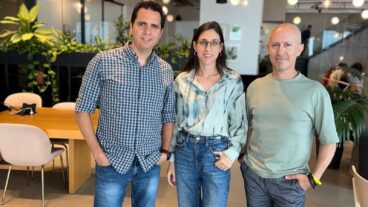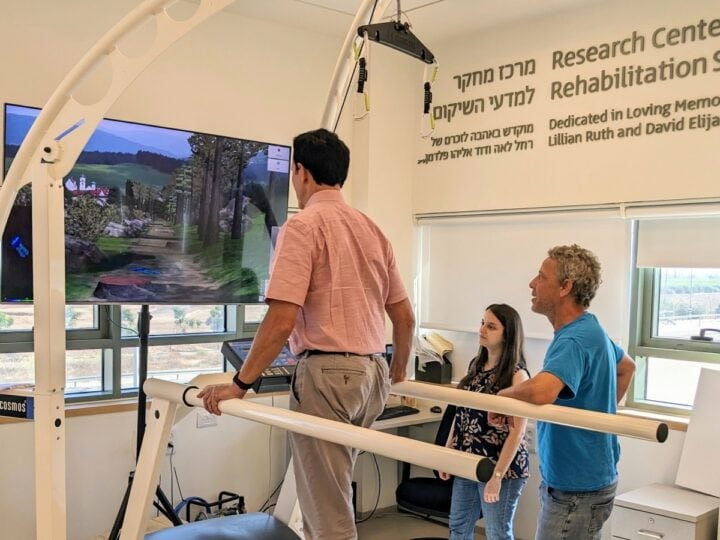If you believe it, it’s truer. That’s the takeaway message from a new study on why it’s so easy for social media to sway our opinions.
The study, published in Social Psychological and Personality Science, demonstrates how automatic cognitive “reflexes” influence people to stay entrenched in their world views.
Researchers from Ben-Gurion University of the Negev and the Hebrew University of Jerusalem showed how the brain drives us to consider things we already believe in as truer than things with which we disagree.
They asked participants to respond to various opinion statements, such as “the Internet has made people more isolated” or “the Internet has made people more sociable.”
After participants were presented with a statement, they were asked to indicate as quickly as possible if the grammar of the sentence was correct or not. Later, they were asked if they agreed with the statement.
Participants verified the grammatical accuracy of a statement more quickly when it matched their opinion, whether it was a statement on a political topic, a matter of personal taste or a social issue. The researchers concluded that agreement generates a rapid, involuntary effect on cognitive processing.
That’s a problem, says lead researcher Michael Gilead, a psychologist who heads the Social Cognitive Neuroscience Laboratory at Ben-Gurion University.
“In order to make informed decisions, people need to be able to consider the merits and weaknesses of different opinions and adapt to new information,” he explained. “This involuntary, ‘reflex-like’ tendency to consider things we already believe in as being true might dampen our ability to think things through in a rational way.”
Future studies, he added, should “explore how other factors, such as acute stress or liberal or conservative viewpoints, affect this tendency to accept or reject opinions in a ‘knee-jerk’ manner.”
Working with Gilead on the research was Moran Sela, a doctoral student in the department of psychology at the Hebrew University, and Prof. Anat Maril from the university’s department of cognitive science.

















